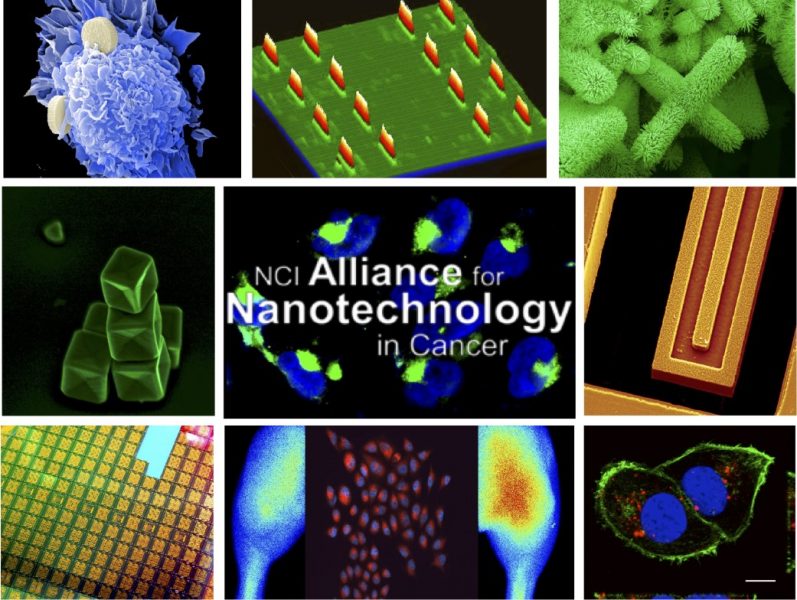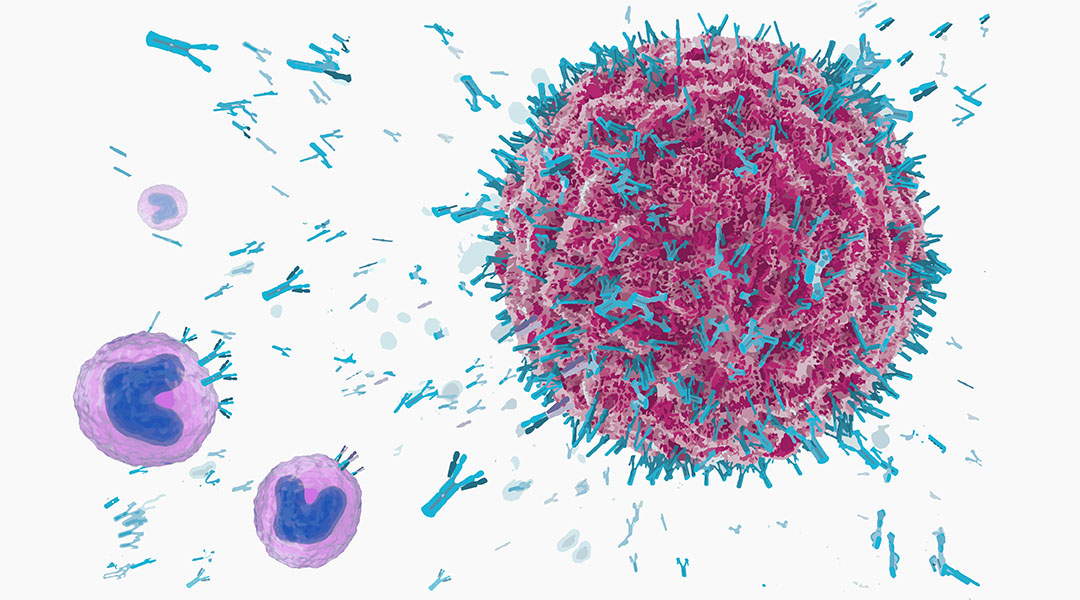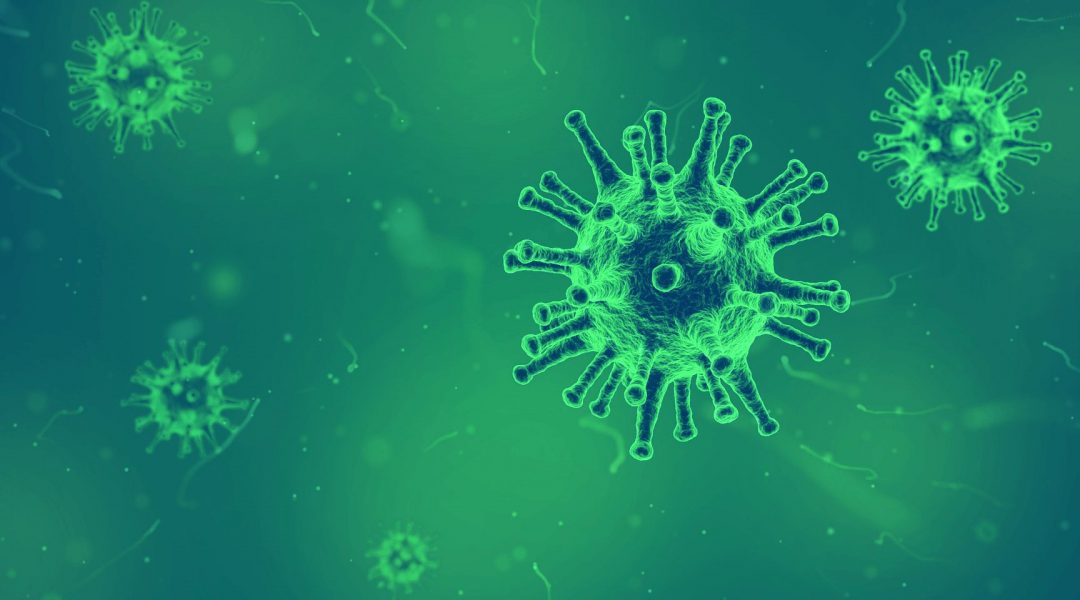The NCI Alliance for Nanotechnology in Cancer program was established in 2005 to accelerate integration of nanotechnology into cancer research and oncology.


The NCI Alliance for Nanotechnology in Cancer program was established in 2005 to accelerate integration of nanotechnology into cancer research and oncology.
Carbohydrates are abundant biomolecules with a strong tendency to form supramolecular networks.
Photodynamic therapy combines light and a photosensitizer to generate reactive oxygen species to induce cellular damage.

The immunoglobulin G scaffold can be engineered to increase stability, improve efficacy, and allow novel functionality as a potent anti‐cancer therapeutic.
Harnessing an individual’s immune cells to mediate antitumor and antiviral responses is a life‐saving option for some patients with otherwise intractable forms of cancer and infectious disease.

“Off the shelf” allogeneic stem cell transplants and stem cell nano‐composites are being used for the treatment of degenerative bone diseases. However, major and minor histocompatibility antigens of therapeutic cell transplants can be recognized as foreign and lead to their rejection by the host immune system.

Understanding the interactions, permeability, and partitioning of drug delivery systems in ocular tissues can improve the drug retention time and bioavailability.

Physical, chemical, and synthetic virology work together to reprogram viruses as controllable nanodevices.

Despite massive growth in nanomedicine research to date, the field still lacks fundamental understanding of how certain physical and chemical features of a nanoparticle affect its ability to overcome biological obstacles in vivo and reach its intended target.

Recent advances in aptamer-mediated siRNA delivery systems for RNAi therapy ranging from anticancer therapy to antiviral therapy.